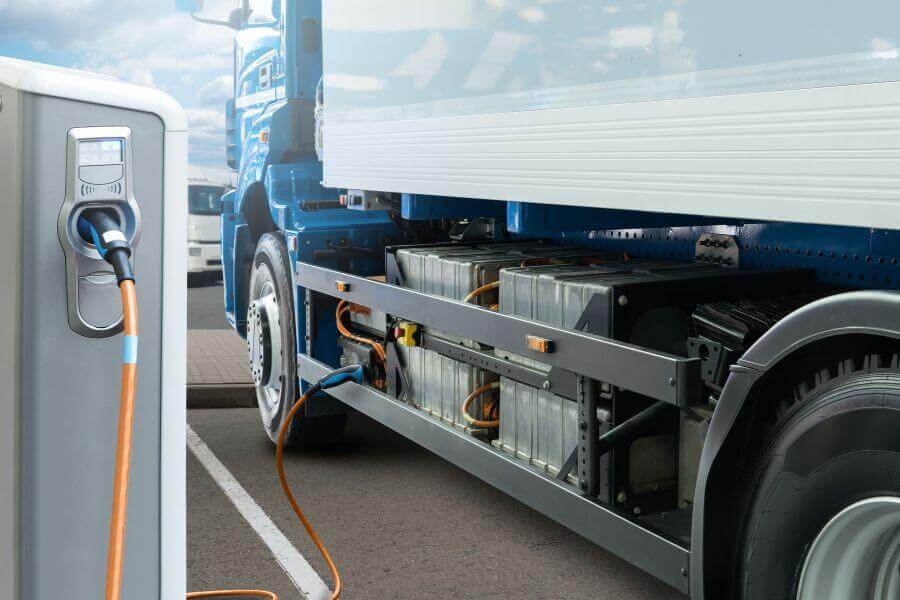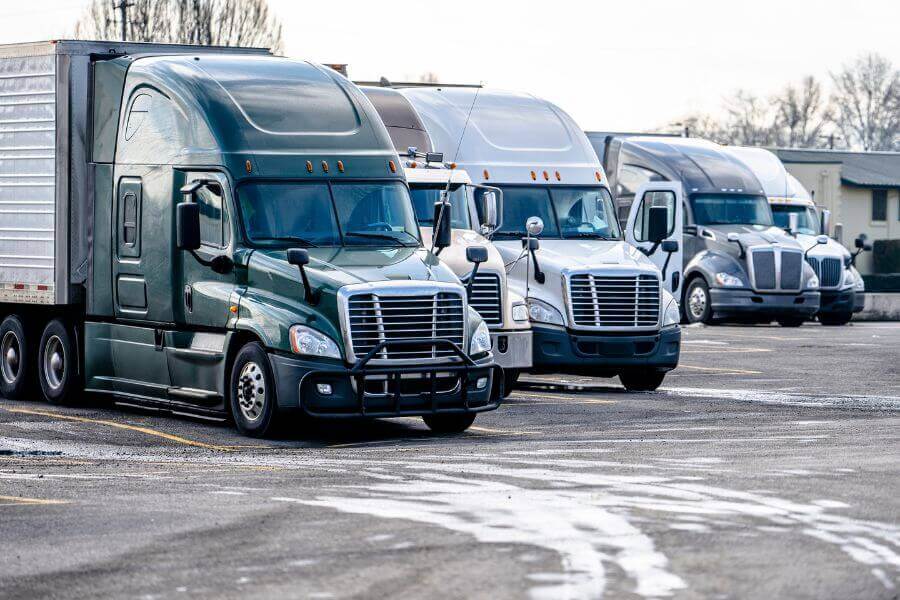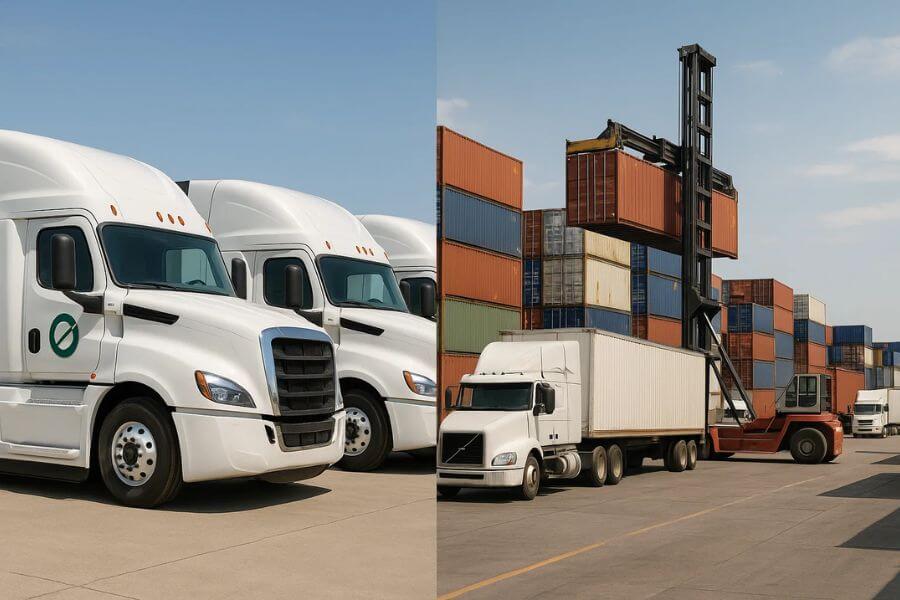EPA Reportedly Moving Too Fast on Greenhouse Gas Emissions Rule
Major players and investors in the trucking industry say they are supporters of the U.S. Environmental Protection Agency’s (EPA) aggressive Phase 3 proposed rule, but they have concerns that the process is moving too quickly.
EPA’s “multipollutant” heavy truck proposed greenhouse gas emissions (GHG) mandate for 2027 and later was announced in April, and will build on existing emissions standards for heavy trucks, and long-haul trucking – ultimately moving toward zero-emission vehicles. Trade associations and large motor carriers say that regulators’ assumptions and timelines are concerning.

“While the stringency requirements proposed in Phase 3 are not specifically directed at trucking fleets, purchasing new trucks will be the key driver of this rule’s expected emissions reductions,” American Trucking Associations (ATA) commented earlier in June. “The success of the proposed regulation depends on ZEVs meeting fleets’ need for reliable performance through a vehicle’s useful life with a reasonable return-on-investment.”
ATA wrote that fleets remain optimistic about the promise of clean technologies, but are challenged with infrastructure delays, high upfront costs, and proof of performance standards.
“Under the Phase 3 proposal, the EPA will require industry to adopt yet-to-be-proven technology, without sufficient charging or refueling infrastructure to support proposed adoption rates and abandon the collaborative trust by reopening GHG Phase 2 standards,” said the ATA.
We Are Hiring
$7,000 Sign On Bonus!!!
Volvo Group North America (VGNA) also agreed: “Unlike past EPA regulations, where compliance was based on our own investment and effort, this regulation, as drafted, prevents us from being able to ensure our own compliance. Our customers will not purchase zero-emission trucks unless both the vehicles and the fuels are cost-effective and readily available so as not to negatively impact their business operations. Unfortunately, we are starting to see customers delay and even cancel ZEV truck purchases in California because of delayed infrastructure.”
The moral here is that companies are becoming frustrated with the high costs associated with inefficient clean technologies to help support their operations. The GHG may come to a halt or lengthen the term of operations to better work with trucking companies across the country in hopes of promoting environmentally friendly practices.

California Accelerates Green Transport With $122.9 Million Federal Grant for Zero-Emission Infrastructure
California has secured a substantial $122.9 million grant from the U.S. Department of Transportation to enhance its zero-emission vehicle infrastructure, significantly bolstering the state’s capacity

Trucking Activity Dips, Reflecting Ongoing Freight Market Volatility
Trucking activity experienced a decline in November following a rise in October, indicating ongoing volatility in the freight sector, according to the American Trucking Associations

Trucking Industry Edges Toward Balance as Supply-Demand Dynamics Shift
The trucking industry is showing signs of stabilizing as the imbalance between freight demand and capacity begins to normalize, according to industry analysts. The COVID-19










